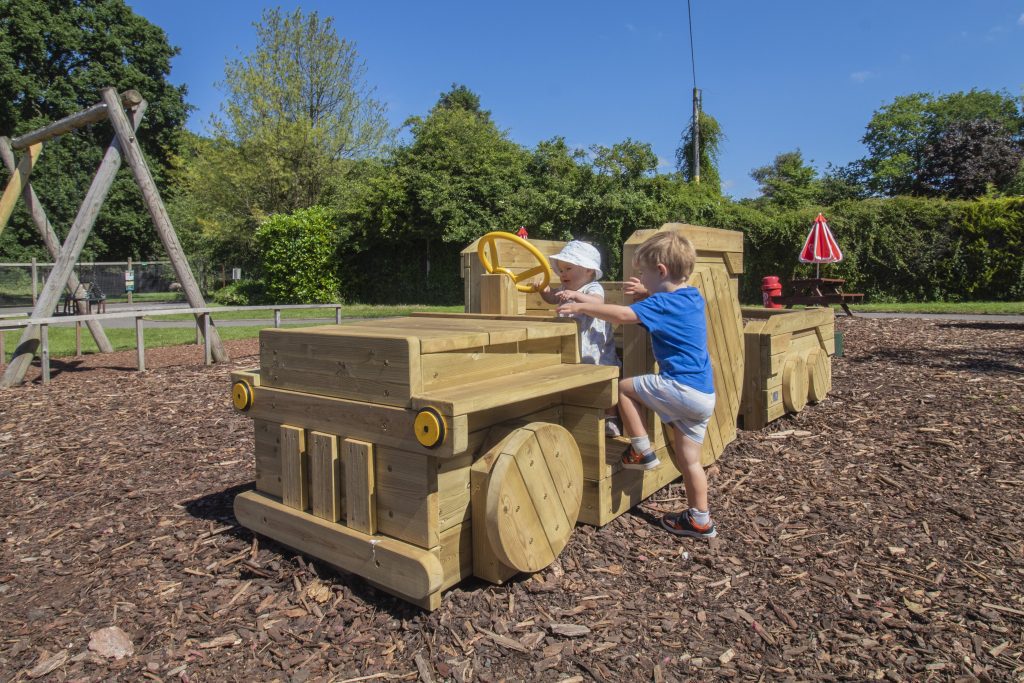Einstein once said, “Imagination is more important than knowledge,” and we wholeheartedly agree. Imaginative play has a key role in child development, offering numerous benefits. Here are five main advantages of encouraging imaginative play:
1. Develops Social Skills
Pretend play allows children to step into various roles, like parent, teacher, or doctor. This gives them opportunities to interact with others in different social contexts. Through role-playing, they practice problem-solving, negotiation, and teamwork, which are all critical components of healthy social development. By experiencing various perspectives, children develop empathy, learning how to consider others’ feelings and viewpoints. These social interactions also help them better understand group dynamics and develop conflict resolution skills.
2. Builds Self-Confidence
Imaginative play gives children the space to explore different identities and possibilities. Whether they are pretending to be a superhero, explorer, or teacher, they can experiment with roles that foster a sense of accomplishment. This freedom encourages children to try new things without the fear of failure, building resilience and confidence in their abilities. When they can create their own narratives and outcomes, children develop a strong sense of autonomy and pride in their creativity.
3. Boosts Intellectual Growth
4. Enhances Language Skills
Through pretend play, children practice using language in creative and varied ways, often adjusting their speech to fit roles. This expanded vocabulary comes from talking with peers, narrating scenarios, or acting out stories. In addition to improving word choice, imaginative play helps children develop better sentence structure and grammar as they engage in more complex conversations. As they repeat and elaborate on phrases, they also learn new forms of communication, such as tone, pitch, and body language, helping to refine their overall conversational skills.
5. Helps Process Fears
Pretend play provides children with a secure environment to confront and explore challenging emotions. By acting out scenarios where they face situations like going to the doctor, losing a toy, or handling a conflict, children can process their anxieties in a safe and controlled manner. This not only helps them understand their emotions but also gives them a sense of agency in resolving problems. When they engage in imaginative play, children can gain comfort, understanding, and mastery over situations that may otherwise feel intimidating, building emotional resilience.






















